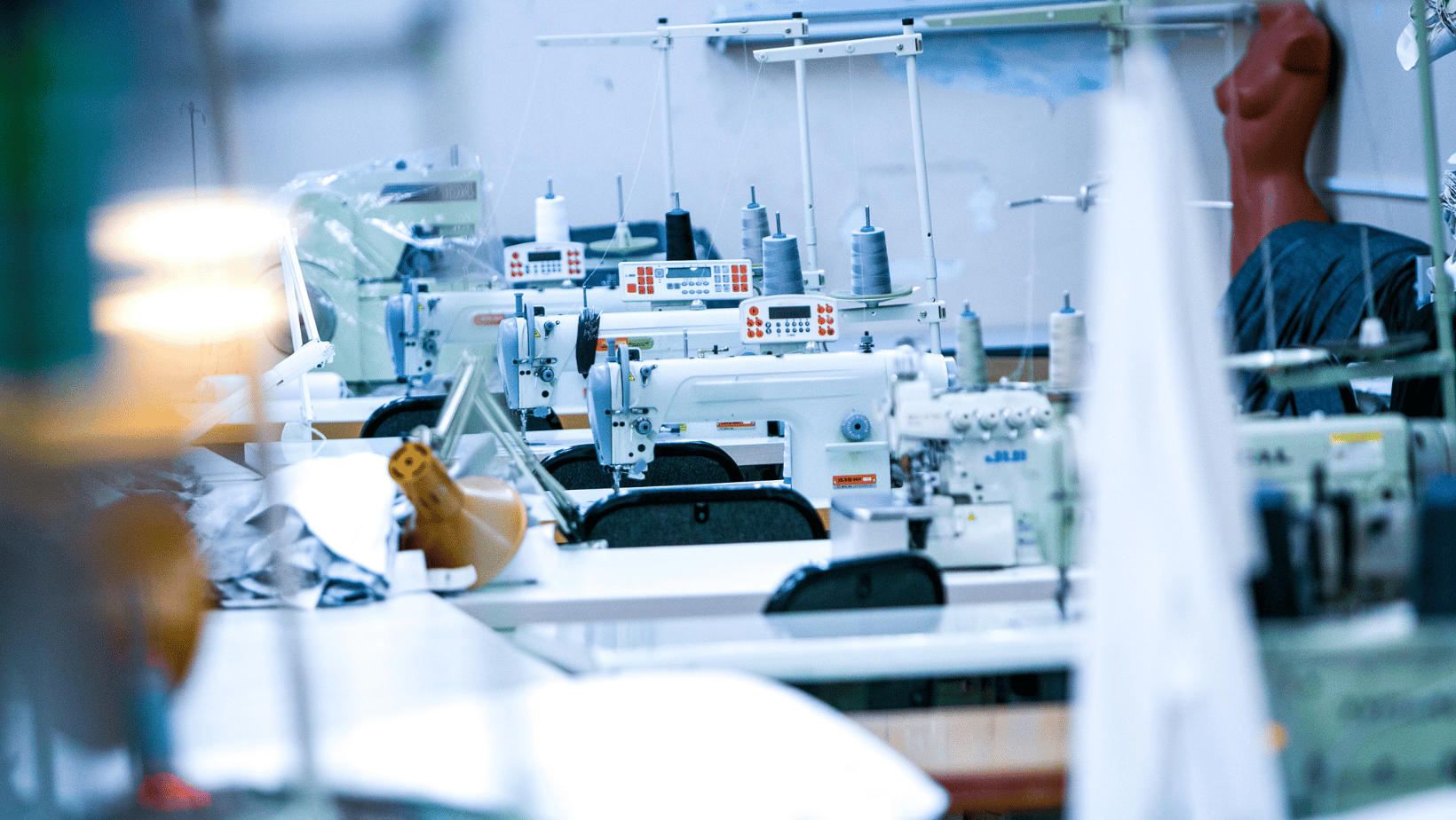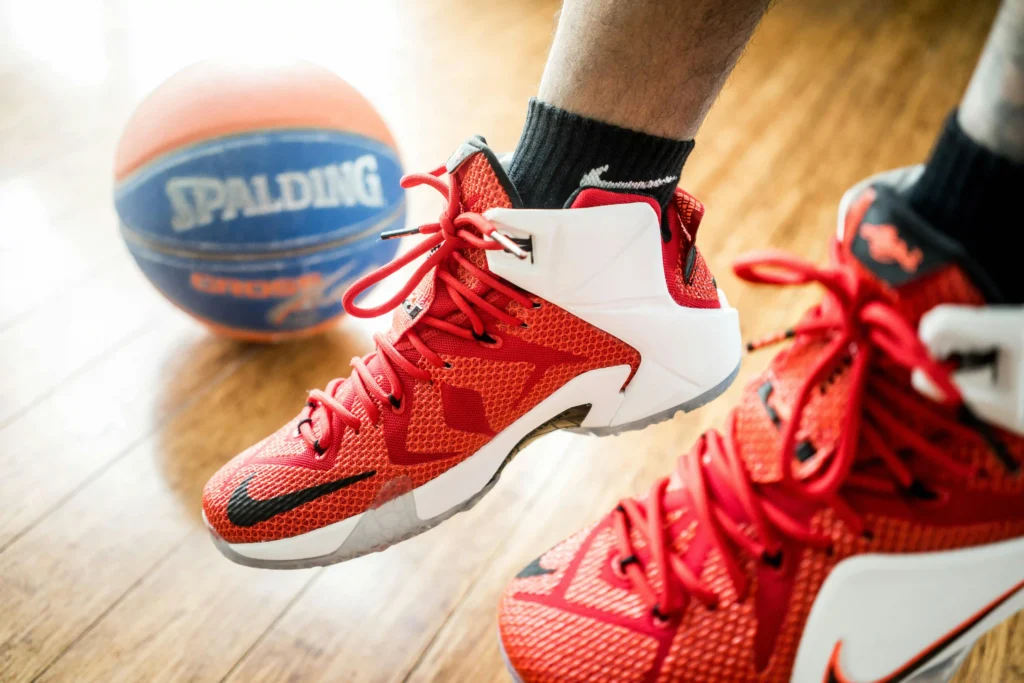As consumers become more aware of the environmental and social impacts of their clothing purchases, ethical and sustainable clothing manufacturing is becoming increasingly important. Ethical and sustainable clothing manufacturers prioritize environmentally-friendly and socially-responsible practices, from sourcing raw materials to production and distribution. In this blog post, we’ll cover the steps you can take to find and work with ethical and sustainable clothing manufacturers.
1. Do Your Research
The first step to finding ethical and sustainable clothing manufacturers is to do your research. Look for manufacturers that prioritize sustainable and ethical practices, such as using eco-friendly materials, reducing waste, and providing safe and fair working conditions for their employees. You can start your research by searching online for manufacturers that have certifications such as GOTS (Global Organic Textile Standard) or Fair Trade.
2. Ask for References and Recommendations
Once you’ve identified a few potential manufacturers, ask for references and recommendations from other businesses or individuals who have worked with them. This will give you a better idea of the manufacturer’s track record and the quality of their work. You can also check online reviews or forums to see what others are saying about their experiences working with specific manufacturers.
3. Evaluate Their Manufacturing Practices
When evaluating potential manufacturers, it’s important to look at their manufacturing practices. Ethical and sustainable manufacturers prioritize environmentally-friendly and socially-responsible practices, such as using eco-friendly materials, reducing waste, and providing safe and fair working conditions for their employees. Ask about their production processes, the materials they use, and their policies on waste reduction and worker welfare.
4. Check Their Compliance with International Standards
To ensure that your chosen manufacturer is ethical and sustainable, check if they comply with international standards such as GOTS, Fair Trade, or OEKO-TEX. These certifications indicate that the manufacturer meets specific environmental and social criteria, such as using organic materials, reducing waste, and providing fair wages and working conditions for their employees.
5. Communicate Your Expectations
Once you’ve found an ethical and sustainable clothing manufacturer that meets your requirements, it’s important to communicate your expectations clearly. Discuss your sustainability goals, quality standards, and production timelines upfront to avoid any misunderstandings or issues down the line. Set clear expectations and timelines for production, shipping, and payment, and be sure to address any concerns or issues that may arise.
6. Build a Long-Term Relationship
Working with ethical and sustainable clothing manufacturers is not a one-time event. Building a long-term relationship with your manufacturer can help ensure that your sustainability goals are met consistently over time. Develop a strong relationship with your manufacturer by providing regular feedback and maintaining open communication. Work together to identify ways to improve your sustainability goals and streamline your production processes.
In conclusion, finding and working with ethical and sustainable clothing manufacturers requires research, evaluation, and open communication. By prioritizing sustainability and ethics in your manufacturing process, you can contribute to a more environmentally-friendly and socially-responsible fashion industry.





